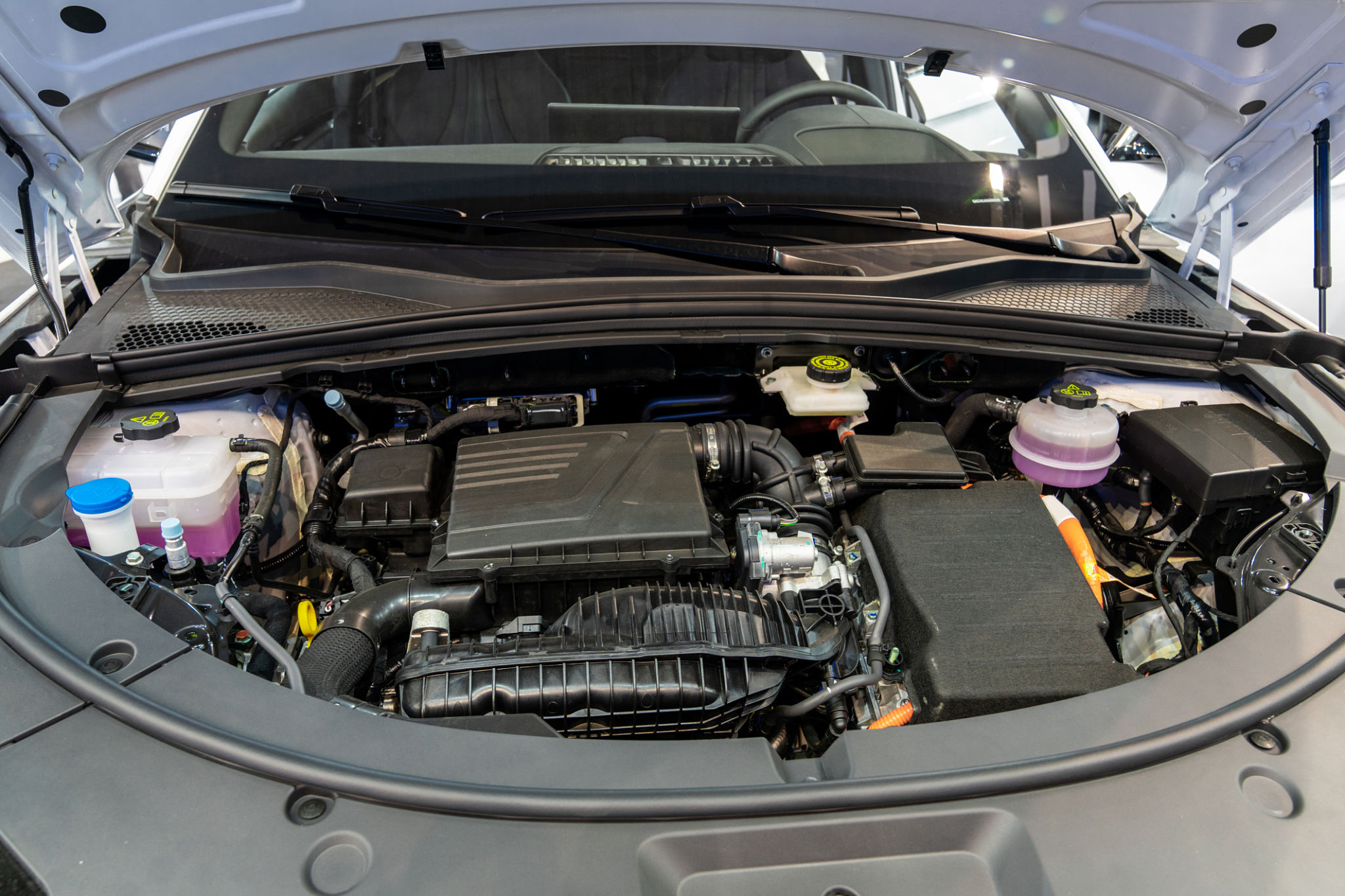Electric vs. Conventional Cars: Maintenance Differences Explained
Understanding the Basics of Electric and Conventional Cars
With the rapid evolution in the automotive industry, the choice between electric and conventional cars has become more prominent. While both types of vehicles serve the same primary function, their maintenance needs differ significantly. This distinction is crucial for prospective buyers and current owners alike.

Maintenance Needs of Conventional Cars
Conventional cars, powered by internal combustion engines, require regular maintenance to ensure optimal performance. This includes:
- Oil Changes: Essential for lubricating engine components and preventing wear.
- Transmission Fluid Checks: Necessary to maintain smooth gear shifts.
- Exhaust System Maintenance: Ensures the car meets emission standards and functions efficiently.
These tasks are part of routine upkeep, often needed every few thousand miles, and can add up in terms of both time and cost over the vehicle's lifespan.
Differences in Electric Car Maintenance
Electric cars, on the other hand, operate differently due to the absence of an internal combustion engine. Their maintenance requirements are generally simpler:
- Battery Health: Regular checks are necessary to ensure battery longevity and efficiency.
- Brake System: Due to regenerative braking, brake systems often last longer and need less frequent replacements.
- Software Updates: Periodic updates can improve performance and introduce new features.

Cost Implications of Maintenance
Financially, electric cars often have a lower cost of maintenance. The absence of engine oil changes, fewer moving parts, and less frequent brake replacements contribute to these savings. However, when components like the battery require replacement, costs can be substantial.
Conversely, conventional vehicles might incur higher routine maintenance costs, but their components are usually less expensive to replace compared to electric car parts.

Environmental Impact and Maintenance
Electric cars are often seen as more environmentally friendly due to zero tailpipe emissions. This advantage extends into their maintenance phase. Without oil changes or exhaust system repairs, electric vehicles contribute less to environmental pollution.
Conventional cars, with their reliance on fossil fuels and more frequent component replacement, have a higher environmental impact over their lifespan. Regular maintenance can somewhat mitigate this impact but not entirely eliminate it.
The Long-Term Perspective
In the long run, electric cars may offer a more sustainable and cost-effective option for those willing to invest in the initial higher purchase price. As technology advances, these vehicles are expected to become even more efficient and affordable.
Conventional cars remain a viable choice for those who prefer established technology and infrastructure. However, understanding the long-term maintenance implications is essential for making an informed decision.
